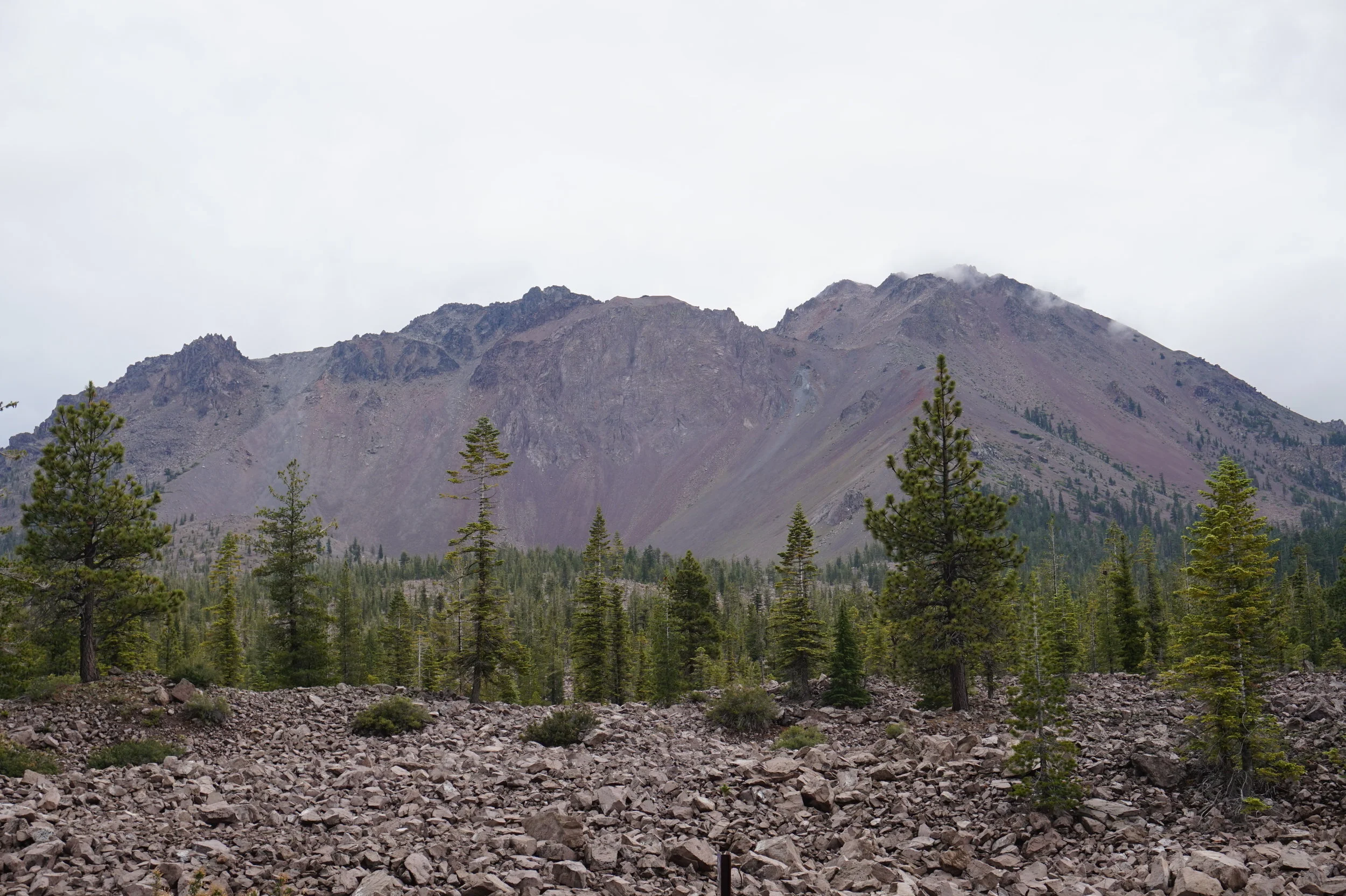Everyone’s style of travel is different. Some people require the assurance of five-star hotel amenities before being able to step out the door; others can make due with less. No matter what your style is, the cost of lodging can easily break the bank especially for those desiring to travel for longer periods of time in the United States and Canada. For that reason, I would like to share with you some of the things I’ve done to spend less on where I sleep and be able to spend more on travel experiences.
As of the date of this post, I have spent a total of $283 in lodging in over 4 months of full-time travel. This includes the cost of campgrounds, hotels, and hostels. While I could have been more aggressive and not chosen to pay for some of the places, I always try to consider the trade off of the additional cost of driving out of my way to find a cheaper place to stay, location convenience, and overall feeling of safety. The following are my top picks for places to stay in order of preference. Keep in mind that I travel in a vehicle I can sleep in and do not require hookups.
1) US National Forests/Bureau of Land Management (BLM) Land
Both Forest Service land and BLM land are public lands that the US Government manages through its respective agencies. It is free and legal to stay on public land as long as you don’t erect a permanent structure on the land and follow the miscellaneous regulations in each district. You can find National Forests and BLM land all over the western part of the United States. Unfortunately, there is very little public land east of the Mississippi.
I love public lands because it's free and beautiful camping. In the forest, I can sleep in silence, I don’t have to worry about theft, and I can shower, brush my teeth, and relieve myself with relative ease. It might sound dangerous to seek out remote locations to stay, but in my experience, I’ve never met anyone who made me question my safety, and for the most part, the roads to access public lands are decent to drive on.
My advice: if you want to camp on public land, is to talk to the rangers in the respective office for the district you would like to stay in. Ask them whether there are any free campsites or whether they allow “dispersed camping”, and if they do, where it is allowed. Every place will have different guidelines. In addition, ask them if they can show you a map of the area since often public lands are dotted with parcels of privately owned land which you should not be staying on. I wouldn’t rely on the Forest Service or BLM websites to be user-friendly or have complete information as some forests will have maps and some won’t. Remember that the Forest Service and BLM offices operate on official government hours and will probably be close around 4:30-5pm, and may have limited hours on weekends.
2) Friends, Family, and Couchsurfing
There are many reasons for why I recommend tapping into your social network while traveling. One of the benefits is having a place to stay in urban environments, as well as a place to be out of the elements, take a shower, and/or do laundry. Much of the reason I was able to stay in California as long as I did was because of the people who let me stay with them. Even at the cheapest hostel rate, I would not have been able to afford staying in metropolitan areas such as Los Angeles and San Francisco.
Aside from having somewhere to stay, it’s great to explore a new place with someone who is more familiar with the area than you are. What’s even better is that everyone has a different set of interests and a different take on the place in which they live. This means that you’ll probably have the opportunity to see the places you visit from different vantages than you would seek out yourself all while in the company of amazing people, which leads me to the best reason to seek out people to stay with.
The human connection makes traveling most meaningful and memorable for me. Whether you’re meeting for the first time, reconnecting, visiting, or getting to know someone in a totally different context than before, I can’t recommend staying with others enough. It takes a lot more logistical planning to stay with people, especially when couchsurfing, but don’t be afraid to reach out and life might surprise you with who it brings into your life. This trip would most certainly not be possible without the people who have let me stay with them and I am ever grateful for their kindness and generosity. As of the date of this post, 26 people have welcomed me into their homes. They are credited below:
Yasmin, Mineas, Jade, Julia, Jennifer, Eric, Tina, Austin, Aria, Sarah, Haftom, Oliver & Owen, Dana & David, Ann & RC & Paul & Susan, Carolyn, Jess, Kyle & Steph, Mara, and my Aunt and Uncle.
3) Urban Places To Overnight
There are numerous places you can openly overnight in urban environments as long as you can sleep in your car. Some places include: Walmart, Cracker and Barrel, truck stops, gas stations, and rest stops. It’s always good to inquire if overnight stays are allowed since many places have their particulars.
While it’s free to stay at these places, and I’ve most definitely stayed at all the places mentioned above and many others, it’s not what I prefer. Sleeping in public places is tough. For me, it took a long time to get over my paranoia of sleeping in unfamiliar spaces. Once I got over the fear of people breaking into my car, I had to contend with the loud noise of traffic, generators running at all hours, and the sound of random people milling about. And well, if you can get over that, you may have to deal with sleeping under flood lights, having random trash or shopping carts slam into your vehicle, and any other external disturbances. To top it all off, you have to be very conscious of your food and water consumption because having to use a restroom in the middle of the night can be logistically complicated. On the bright side, you’ll probably have less bugs to deal with, and have access to restroom facilities and running water.
It takes more effort to find places to stay that cost less. Sometimes, you scramble and you don’t find out you have a place to stay until the last moment. Sometimes, you are racing the sunlight to find a place to camp while bemoaning not having reception or a detailed map of the area. Sometimes, you’re just so sick of the road, the weather, the complication that you are willing to shell some cash for a place to stay the night. The best thing is to be safe, be flexible, and keep enough spare funds to get a hotel room as a last resort.
Interested in hosting me at a future date? Let me know in the comments below.
For those of you wondering how I spent my lodging funds, here’s a breakdown between 5/12 – 9/22:
Motel 8 – Denver $30
White Sands NM - $3
Grand Canyon NP - $18
Joshua Tree NP - $15
Kings Canyon NP - $9
Grizzly State Park, CA - $18
A Campsite in the Yukon - $12CAD
Double Tree in Detroit - $60 – friend’s wedding
Denali NP - $28
Billie’s Hostel, AK - $60 – two nights at a hostel, but I only stayed one night
Mt. Rainier NP - $20 – paid for but didn’t stay the night
Craters of the Moon NM - $10








